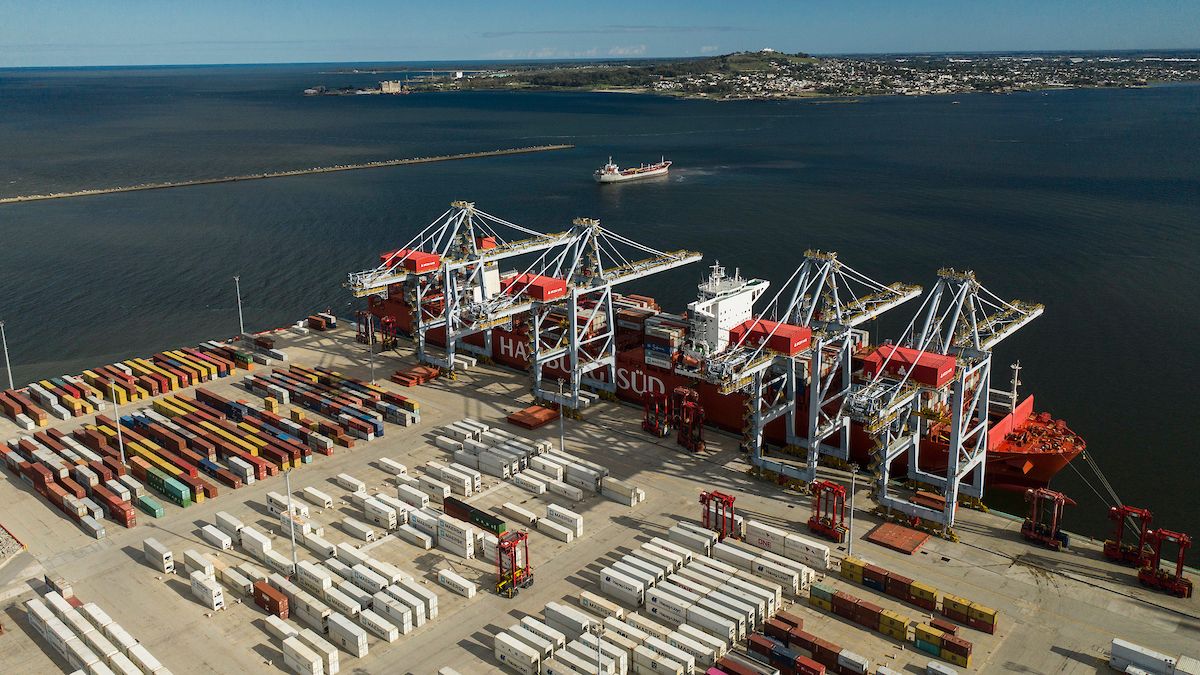A drop of almost 95% of the rates in the ports of Rio de Janeiro and Santos in Brazil once again triggered the controversy within the Union of Exporters of Uruguay (UEU) where the president, Facundo Márquez, remembered that to Uruguay Much remains to be done to generate competitiveness in the region.
“An important part of the competitiveness of a country depends on the port strategy and its service and cost structure. Uruguay has a lot to do in this matter because our competitors do not wait”, the president of the UEU published on his social networks along with a news item from a Brazilian media outlet announcing a considerable drop in rates for the ports of Rio de Janeiro and Santos.
https://twitter.com/FacuMarquez76/status/1670428004839718913
The issue of the competitiveness of the Port of Montevideo has been around for a long time, characterized by an export sector that constantly complains about the port’s inability to compete with other ports in the region. At the end of May, Márquez criticized that prices in Uruguayan port terminals “are three and a half or four times more expensive than competitive ports such as those of Chili or Rio Grande in Brazil”.
On the other hand, he assured that, in the last seven years, prices increased by 350%, although he admitted that, since the concession to the Belgian company, Katoen Natie – which owns 80% of the Cuenca del Plata Terminal (TCP) where the other 20% belongs to the ANP – prices managed to drop by 26%.
Faced with this, the response of the president of the National Administration of Ports (ANP), Juan Curbelo was that exporters have a “distorted” vision. “You cannot permanently say that the port (of Montevideo) or the port costs are not competitive with those of the region because, first, it is not true and second, you have to have a breadth in what has to do with understanding which It is the reality, the function of the ports and how port costs are measured,” criticized the president.
In this sense, he remarked that not only can we talk about port prices, but other factors must be taken into account. Curbelo assured that the positioning of Uruguayan ports has to do with “be efficient, safe and have a good infrastructure that makes them choose the country”.
The Port of Montevideo, one of the worst in the world according to the World Bank
He Montevideo port was one of the worst rated in efficiency and competitiveness worldwide, according to the Container Port Performance Index (CPPI)for its acronym in English), which located Uruguay in position 304, out of a total of 348 ports where it was remarked that there is still much to improve in terms of efficiency and competitiveness.
The Index prepared by the World Bank together with the Standard & Poor’s Global Market Intelligence Unit seeks to compare ports worldwide according to their efficiency, “measured by the time elapsed since a ship arrives at the port, until it leaves the berth after having completed its cargo exchange.”
Source: Ambito




